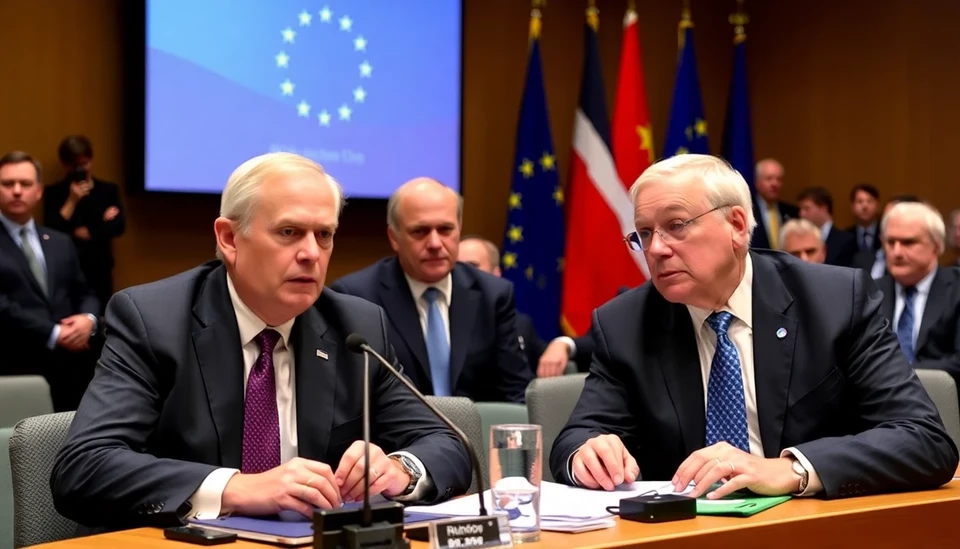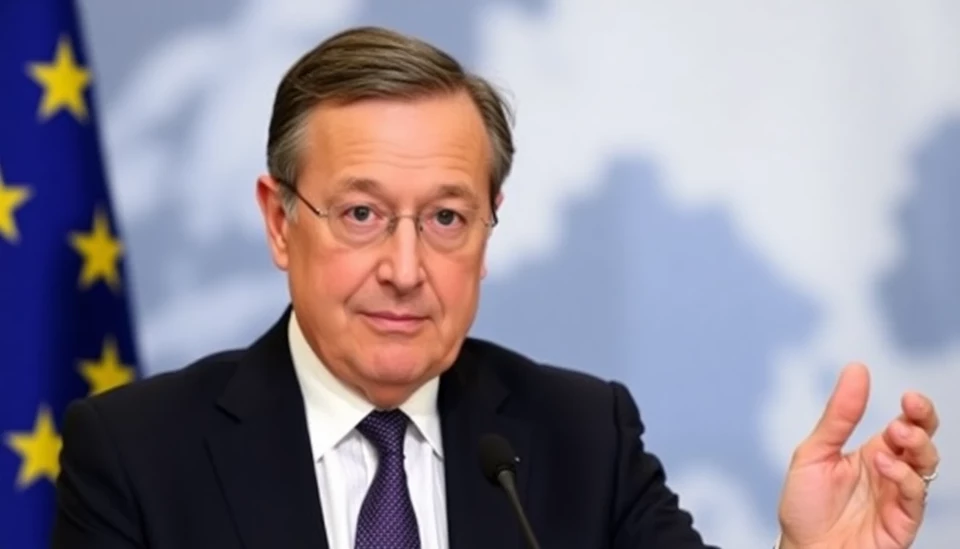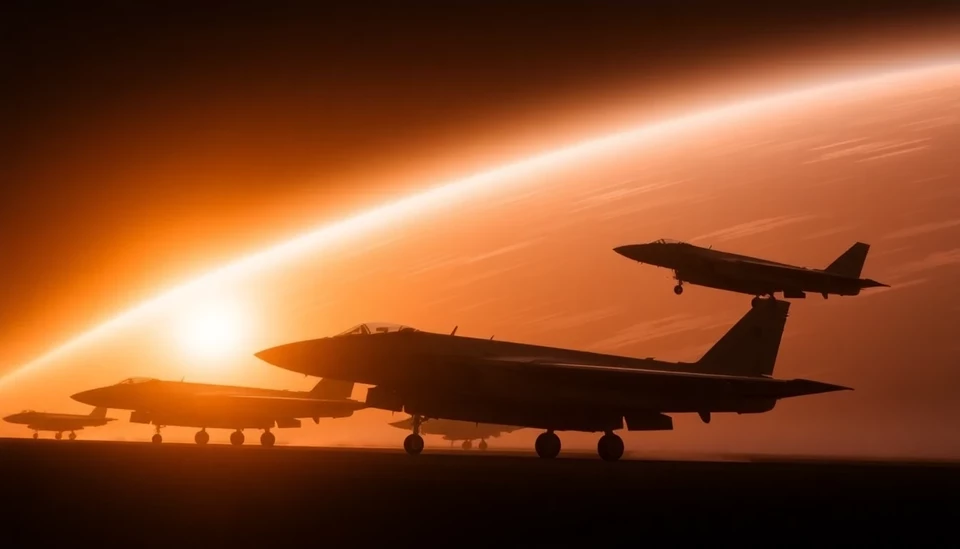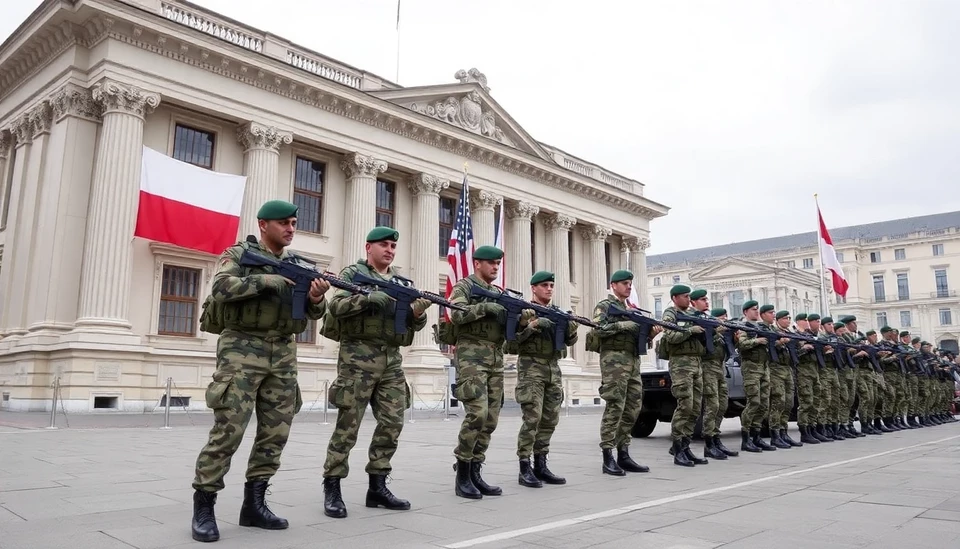
In a significant move reflecting the escalating global tensions, European finance ministers convened recently and reached a consensus on ramping up defense spending across the continent. This decision comes in the wake of heightened security concerns stemming from the ongoing conflict in Ukraine and the need for a robust military presence in light of potential threats from state actors.
The meeting, attended by finance officials from various European nations, emphasized the crucial role that increased defense expenditure plays not only in national security but also in strengthening the European Union's collective response to external pressures. The discussions highlighted a strategic pivot towards ensuring that military budgets are adequately funded to meet both current and future threats.
Key figures from the meeting, including high-ranking ministers, pointed to a significant commitment to exceed previous defense spending targets set by NATO, which mandates a minimum of 2% of GDP allocation for defense. This commitment was underscored by Czech Finance Minister Zbynek Stanjura, who reiterated the importance of being prepared for potential crises that could impact European stability.
The push for enhanced defense budgets is expected to influence how member states allocate their financial resources, particularly as countries navigate post-pandemic recovery challenges intertwined with rising inflation. Spain's Finance Minister, María Jesús Montero, mentioned that the economic landscape is changing, and as such, adjustments are necessary to bolster both defense capabilities and economic resilience.
Furthermore, this agreement comes alongside international efforts to foster military partnerships and procurement alliances within EU nations, aiming to streamline defense spending and create efficiencies that bolster collective defense initiatives. The ministers are considering collaborative projects in defense technology, with a focal point on developing indigenous capabilities to reduce reliance on foreign suppliers.
As part of this strategic shift, member states are expected to unveil comprehensive plans detailing their increase in defense budgets in the upcoming months. The emphasis will be on re-evaluating existing defense strategies and prioritizing investment in areas such as cybersecurity, intelligence sharing, and innovative weapons systems.
The sentiment among European finance ministers reflects a broader understanding that security challenges are not only military but also economic, requiring cross-border cooperation and substantial investment to safeguard future stability. The upcoming discussions among EU leaders are expected to further solidify these commitments as the continent navigates an increasingly complex global landscape.
Experts anticipate that this renewed focus on defense spending will have ramifications on European economies, influencing not only military-industrial sectors but also broader economic policies aimed at strengthening resilience to external shocks. As Europe consolidates its defense stance, the implications for international relations and trade dynamics will be closely monitored by policymakers and analysts alike.
In conclusion, the alignment of European finance ministers towards bolstering defense resources underscores a pivotal shift in policy priorities aimed at safeguarding the region's future against evolving threats. As they prepare for more robust defense budgets, the call for unity and collaboration among European nations remains paramount in the face of adversity.
#EuropeanDefense #FinanceMinisters #NATOSpending #GeopoliticalTensions #EUStability #DefenseCollaboration
Author: Daniel Foster



